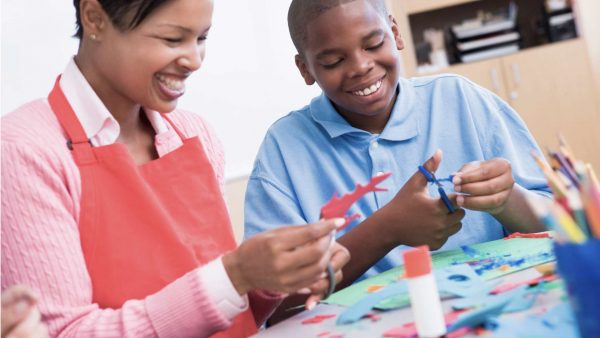Fine-motor skills are small movements that require the use of the muscles, nerves and bones.
At home and at school, your teenager uses fine-motor skills daily. Although the majority of his fine-motor skills are already developed in the teenage years, he can still improve them through certain hobbies and activities and can even work to regain some fine-motor skills if they are lost due to injury.
Development
Fine-motor skills are developed over time, beginning in early childhood, and draw on strength, coordination and practice to improve. According to social worker Angela Oswalt, with the Seven County Services counseling firm in Kentucky, skill and precision involved with fine-motor skills only increases with age until around 14 years, at which point adolescents typically stop improving fine-motor skills unless they are doing a hobby that requires it. However, gross-motor skills, which involve large movements such as running and jumping, continue to progress, especially for boys.
Practices
Your teenager will use his fine-motor skills through simple actions such as picking up items, folding clothes, typing, writing and drawing. Hobbies that can keep your teenager enhancing his fine-motor skills include making jewelry, modeling clay, playing an instrument, playing video games, completing art projects and practicing origami.
Considerations
Your teenager might have a hard time using her fine-motor skills if she has any injuries to her hand, muscle problems or joint problems. Additionally, injuries of the brain or spinal cord or nervous system diseases such as multiple sclerosis can cause her to lose fine-motor skills. In case of severe injury, she might be able to better her fine-motor function by working with a physical therapist.
Recommendations
Talk to your child’s doctor if you notice he seems to be losing some of his fine-motor skills. Signs of impaired fine-motor function can include difficulty coordinating his movements and the inability to steadily draw, cut with scissors, or zip up a zipper. You might also notice that poor hand-eye coordination in conjunction with reduced fine-motor skills.

